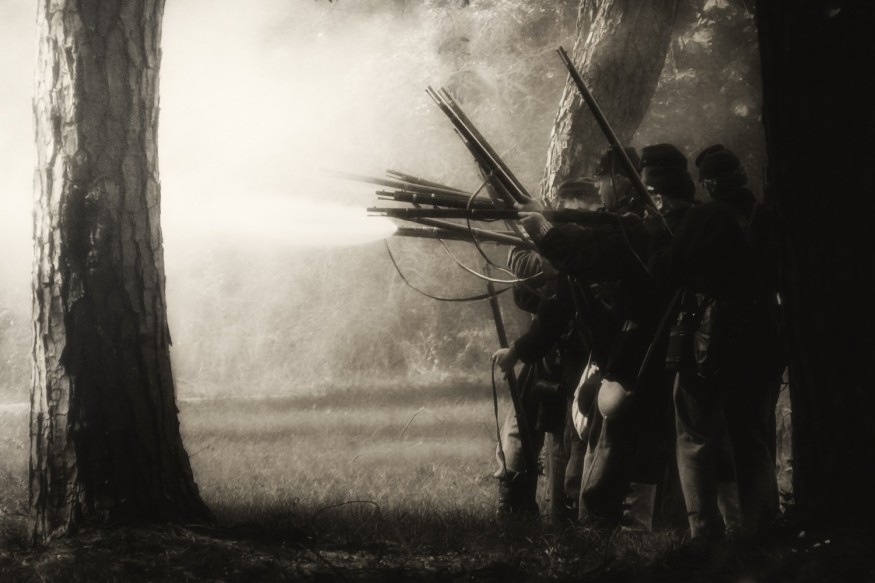
The Confederate War happened just about a century and a half ago; but up to this day, much memorabilia has yet to be recovered. As such, an examination of a storehouse revealed that soldiers were buried underneath, giving a better understanding of what happened during that time.
Confederate War Graves
Archaeologists have recently been able to discover the remains of four soldiers from the Civil War. What made this discovery more interesting was that among the four soldiers were amputated human legs and other artifacts.
This discovery happened in a battle site in Virginia which was estimated to be the site of a 161-year-old battle. The discovery happened as Colonial Williamsburg Foundation (CWF) archaeologists started examining a certain site where the Confederate army stored ammunition.
This was in 2021, and the site they explored held the Powder Magazine. In 1714, the octagonal structure was originally commissioned; but later in the 1880s, it was then renovated with nobody knowing that the site actually held the dead bodies of the soldiers.
It was only until the dig was known that soldiers were buried under the Powder Magazine, which is the iconic site of the May 5, 1862 the Battle of Williamsburg, which resulted in an unsuccessful attempt by the Union army.
Battle of Williamsburg
During this battle, the Union army tried to seize Richmond, the capital of the Confederate during that period. However, they were unsuccessful, and the total deaths and injuries piled with an estimated 3,800 people killed and hurt in the attempt.
Jack Gary, the CWF director of archaeology, shared how they wanted to better understand the operations of the magazine and that they didn't expect to find graves. As they were trying to discover what they initially thought was a fence posthole, they stumbled upon a skull.
The discovery of the skull prompted them to dig and explore further, finding more bodies buried side by side in proper graves. The skeletons were found with their hands placed over their stomachs.
Preserved Findings
The men were found well preserved; and through the help of 3D photogrammetry, they were able to fully document the remains. As such, this technique involves using hundreds of photos to construct a digital 3D image.
They found that the skeletons sustained many injuries, with some happening during the war while others already had the existing conditions. One of the bodies' spines was found to have a minié ball while another's pelvis had a lodged musket ball.
Upon further analysis, they found that the bone of the skeleton had started growing over the musket, meaning the injury was sustained way before the soldier's death due to the fact that the bone had time to grow. Gary said that they believed that the musket ball was already inside the body of the soldier as he was still fighting.
RELATED ARTICLE : Multicolored Ceramic Dish Featuring Protective Spirits From Maya Mythology Unearthed During Excavations in Mexico
Check out more news and information on Environment and Climate in Science Times.












